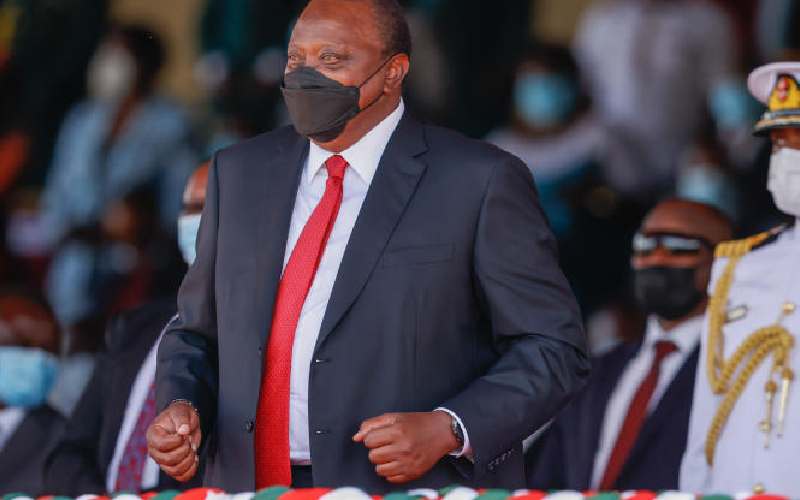×
The Standard e-Paper
Fearless, Trusted News

The government is re-modeling the Big Four Agenda as President Uhuru Kenyatta's tenure approaches the twilight days. The priority is now on economic acceleration, political stability, large infrastructure investments and restoration of dignity.